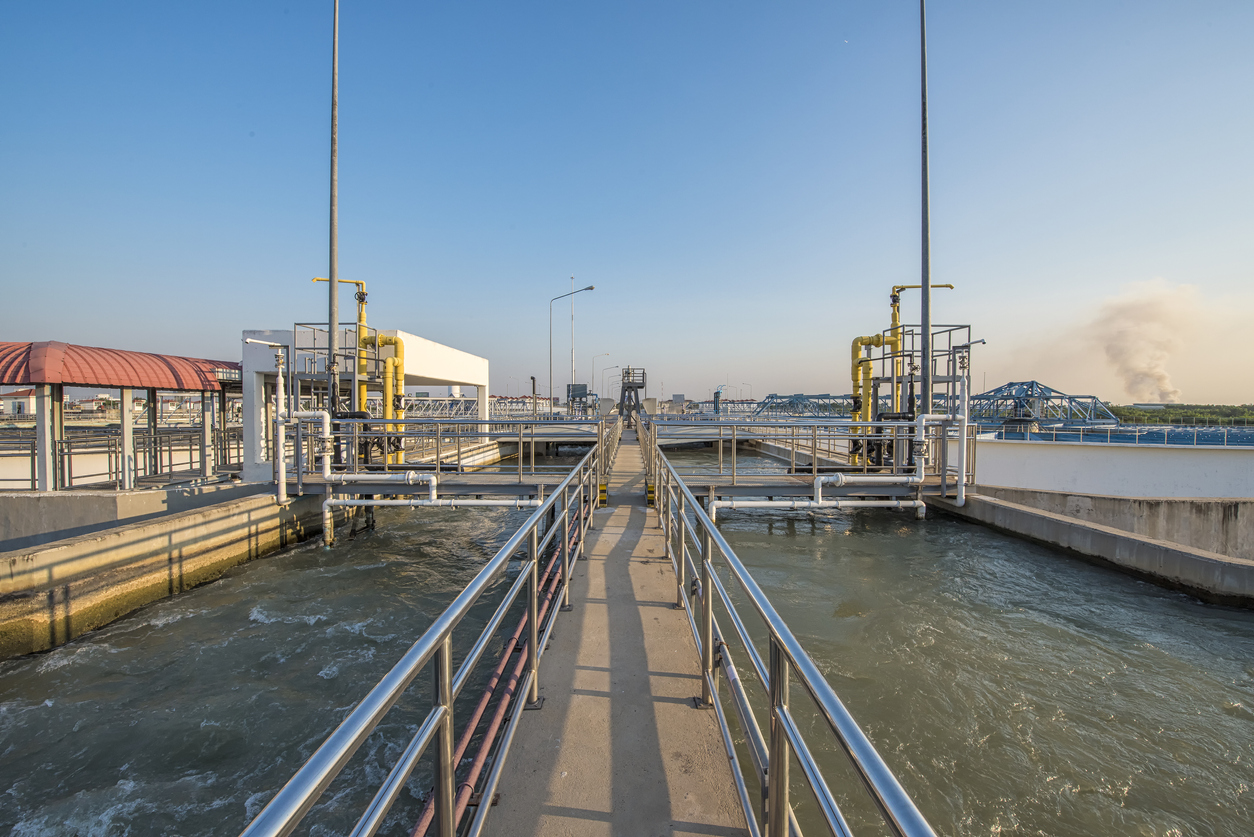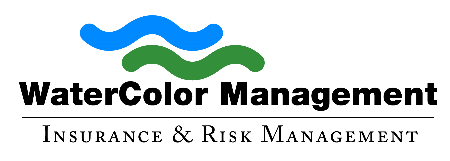
Wastewater treatment plants are critical in maintaining public health and environmental sustainability. From physical filtration to chemical treatments, every step in the wastewater treatment process requires precision and diligence. Safety measures and water industry insurance are paramount, given the inherent risks associated with handling hazardous materials and operating complex machinery.
Top Safety Hazards in Wastewater Treatment Plants
To protect a water treatment program, water treatment plants need to invest in insurance options covering the unique hazards.
Chemical Exposure
Workers in treatment plants come into contact with various corrosive and toxic substances, from chlorine and ammonia to sulfur dioxide. These chemicals can result in severe health issues if workers don’t take proper precautions. Inhalation, ingestion, or skin contact with these substances can lead to respiratory problems, chemical burns, and long-term health complications.
Biological Hazards
In addition to chemical exposures, wastewater treatment plant workers face biological hazards in the form of bacteria, viruses, and other pathogens in sewage. Exposure to microorganisms can result in infections and gastrointestinal illnesses. Proper sanitation practices and personal protective equipment (PPE) mitigate the risk of biological contamination.
Confined Spaces
Confined spaces such as tanks, pits, and manholes pose significant safety risks. Limited entry and exit points, poor ventilation, and the presence of hazardous gases can increase the likelihood of accidents, such as asphyxiation, engulfment, or entrapment.
Mechanical Hazards
The machinery includes moving parts, high-pressure systems, and heavy loads. Accidents like equipment malfunctions, entanglements, and crush injuries can occur without proper safety precautions.
Electrical Hazards
Electrical systems power pumps, motors, and control panels. However, electrical hazards such as shock, electrocution, and fire pose significant risks to workers without proper management.
Mitigation Strategies
Proactive measures are essential to mitigate the risks associated with wastewater treatment plants. Mitigation strategies may include:
- Regular testing of equipment and systems, including chemical monitoring and air quality assessments
- Implementation of comprehensive safety protocols, including proper training, PPE usage, and emergency response procedures
- Regular maintenance of machine guarding equipment
- Routine inspections, employee training, and proper wiring practices to reduce the risk of electrical accidents
Suggesting a proactive risk management strategy and comprehensive safety protocols can reduce accidents and the risk of potential claims against the water treatment plant.
Additionally, the unpredictable nature of industrial operations requires a robust insurance strategy. Property damage, liability claims, business interruption, and environmental liabilities can cost businesses hundreds of thousands of dollars in damages. Without water industry insurance, water treatment plants must pay out of pocket.
By partnering with insurance providers specializing in environmental and industrial coverage, plant operators can mitigate financial losses and ensure continuity of operations in the event of an unforeseen incident.
Water Industry Insurance Makes a Difference
When working with clients within the water industry, it is critical to acknowledge their unique risks, such as biological and mechanical hazards. Proactive risk management, including water industry insurance, can mitigate the various risks and reduce the financial harm to the plant. While plant owners cannot prevent all accidents, they can reduce their liability. Contact us at WaterColor Management for more information.
About Watercolor Management
Watercolor Management has insured the water industry for over 30 years. Our policies include unlimited defense cost coverage in the event of a lawsuit against you. Call us at (855) 929-0824 or email info@watercolormanagement.com for a quick quote for your Water Business Professional, Products/Completed operations, Pollution, and General Liability Insurance.




